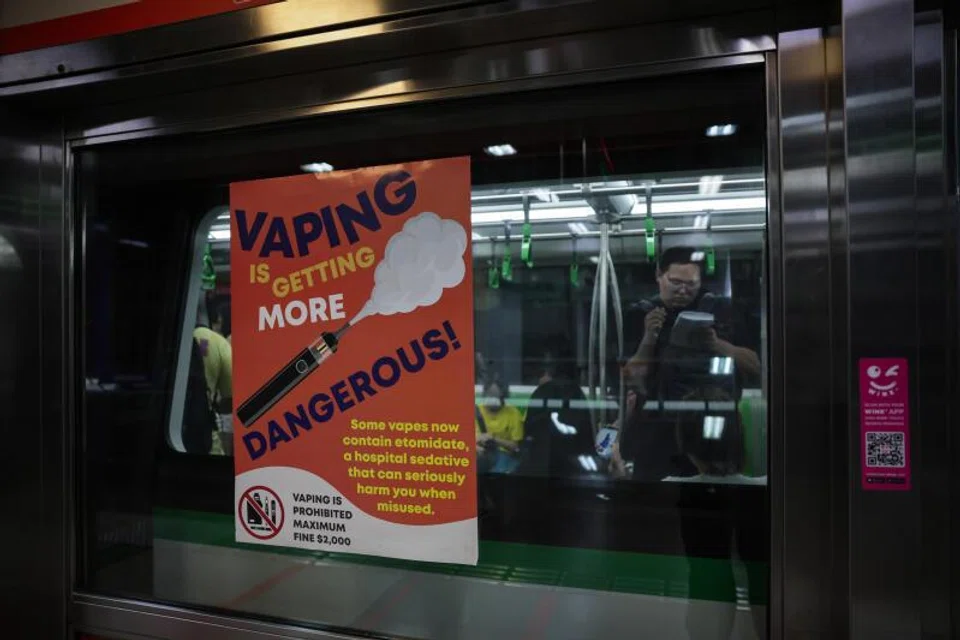
Californians have voted in support of a state government law to end the sale of most flavored tobacco products, including flavored e-cigarettes, menthol cigarettes, and flavored cigars.
On November 9th, Proposition 31, which upholds the law, was leading with a 65% to 35% advantage. According to the Associated Press, official results will take more time to be confirmed. The state mailed ballots to all active voters and ballots postmarked on Election Day have a week to arrive.
In 2020, California lawmakers passed a ban prohibiting all flavored nicotine products except for hookah, loose-leaf tobacco (used for pipes), and premium cigars. Mint-flavored products are also included in the legislation.
The Proposition 31 is the antidote to the candy-flavored poison that big tobacco companies sell to our children and communities of color in California," said Jerry Hill, the author of the original bill that became Proposition 31 and former senator. "With the implementation of Proposition 31, there is now a strong defense against tobacco companies' ability to lure children into smoking and a lifelong addiction to nicotine; Californians will live longer and healthier because of this.
Opponents of the ban collected over a million signatures, forcing the state to hold a referendum on the issue. The legislation, originally slated to take effect on January 1, 2021, was subsequently suspended until the vote on November 8.
Advocates of Proposal 31 argue that these restrictions will prevent children from using tobacco by eliminating flavors such as bubblegum, cotton candy, and cherry that are popular among young people.
Opponents argue that the ban will eliminate electronic nicotine delivery systems, which they see as an effective tool in the effort to quit traditional smoking, and unfairly target certain communities. For instance, black smokers are more likely to use menthol cigarettes.
Supporters of the ban had a significant lead over opponents prior to the vote. According to the San Francisco Chronicle, as of mid-October, billionaire anti-smoking and anti-vaping activist Michael Bloomberg had contributed $15.3 million of the $17.3 million raised by the committee supporting the ban. In contrast, opponents had raised just over $2 million, with nearly all of it coming from donations by Philip Morris USA ($1.2 million) and R.J. Reynolds ($743,000).
California, along with Massachusetts and Washington D.C., has banned the sale of flavored tobacco products, including flavored e-cigarettes, menthol cigarettes, and flavored cigars. Three other states - New Jersey, New York, and Rhode Island - have also banned the sale of flavored e-cigarettes. With local laws included, 25% of the U.S. population is now covered by laws ending the sale of flavored e-cigarettes.
Statement:
This article is compiled from third-party information and is only intended for industry exchange and learning purposes.
This article does not represent the views of 2FIRSTS, and 2FIRSTS cannot confirm the truthfulness or accuracy of its contents. The compilation of this article is only intended for industry-related research and communication purposes.
Due to limitations in our translation abilities, the translated article may not fully reflect the original text. Please refer to the original article for accurate information.
2FIRSTS fully aligns with the Chinese government's stances and statements on domestic, Hong Kong, Macau, Taiwan, and international matters.
The copyright of the compiled information belongs to the original media and authors. If there is any infringement, please contact us to have it removed.
This document has been generated through artificial intelligence translation and is provided solely for the purposes of industry discourse and learning. Please note that the intellectual property rights of the content belong to the original media source or author. Owing to certain limitations in the translation process, there may be discrepancies between the translated text and the original content. We recommend referring to the original source for complete accuracy. In case of any inaccuracies, we invite you to reach out to us with corrections. If you believe any content has infringed upon your rights, please contact us immediately for its removal.







